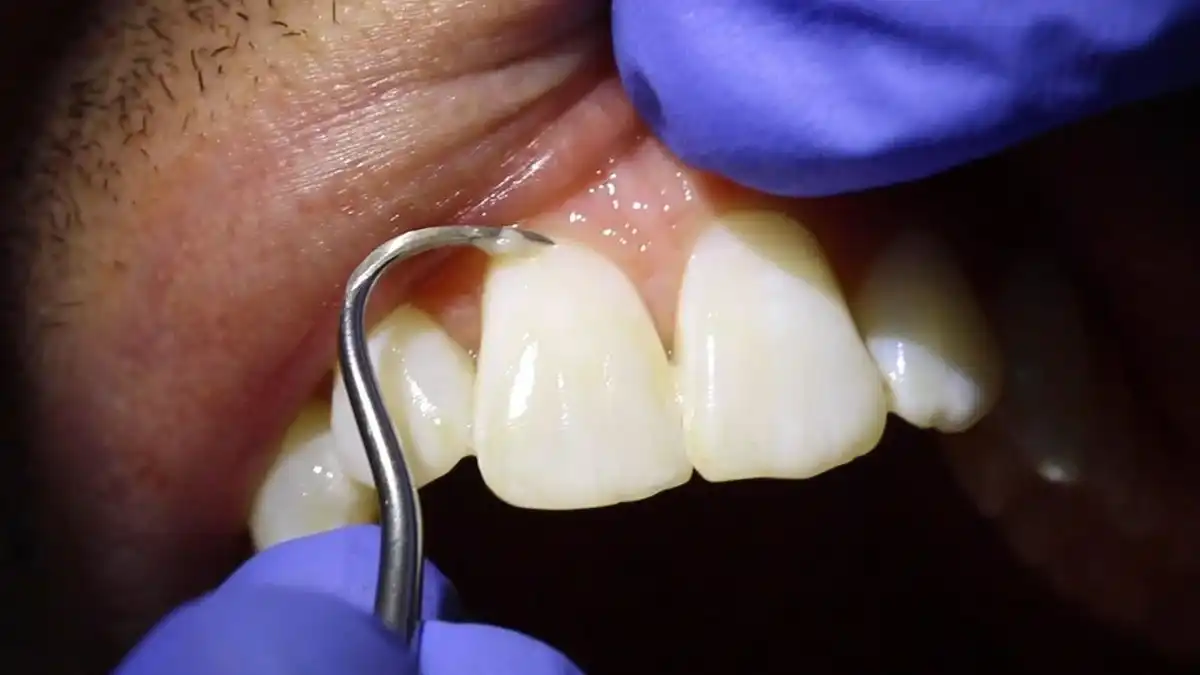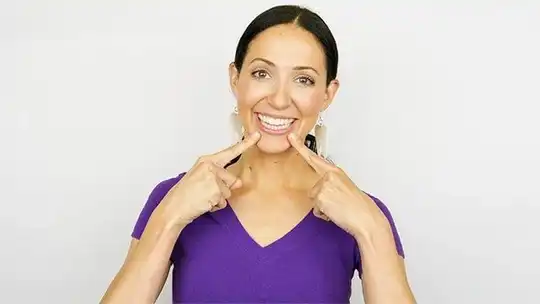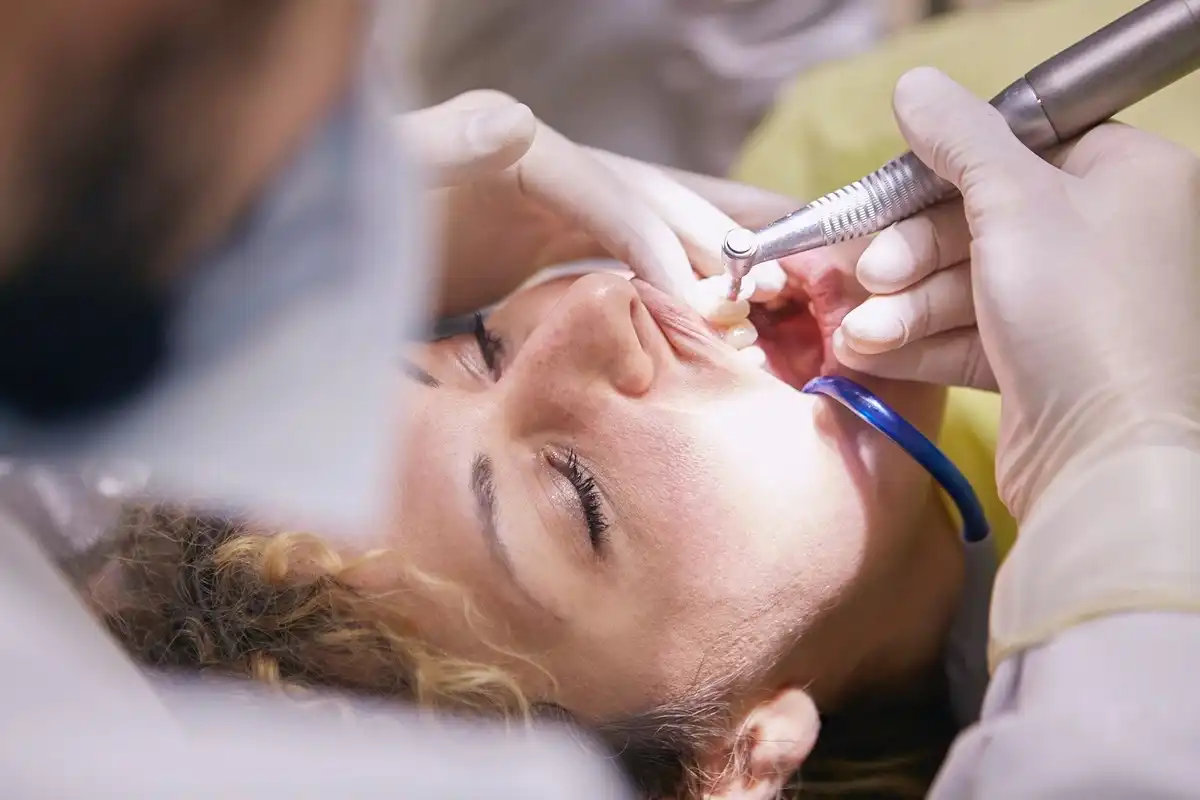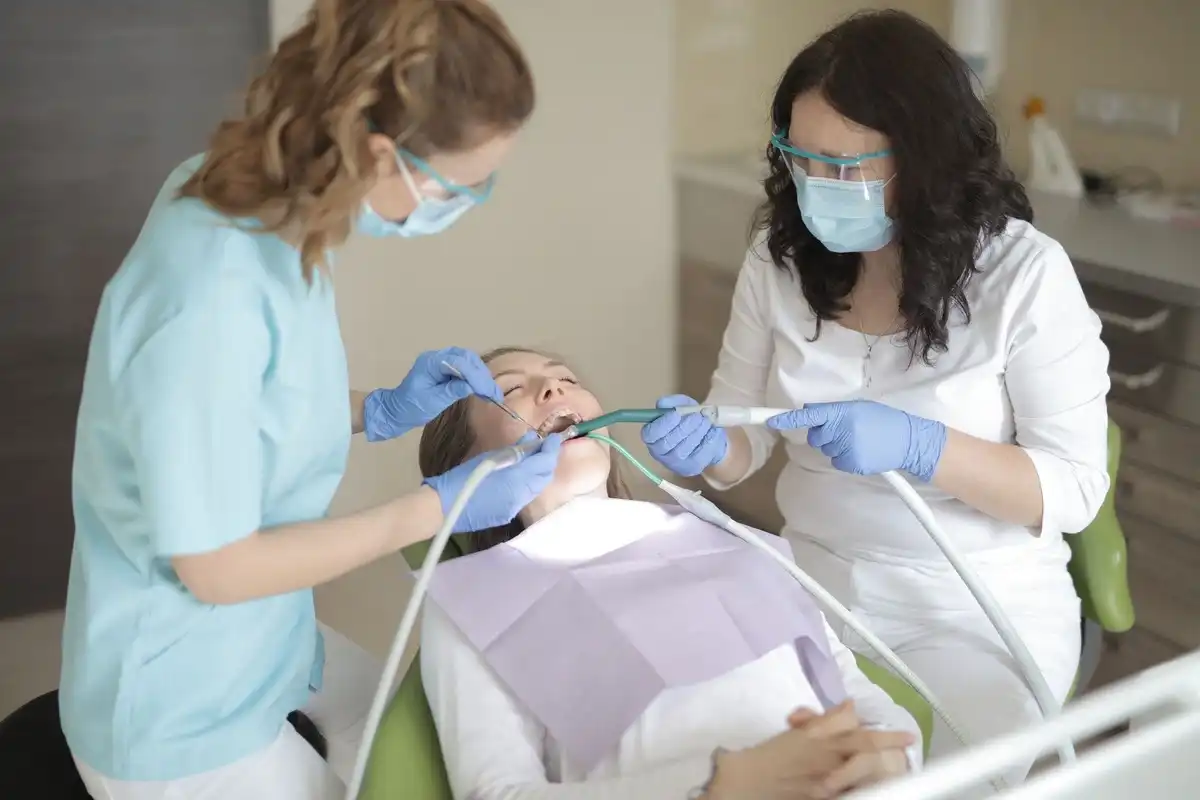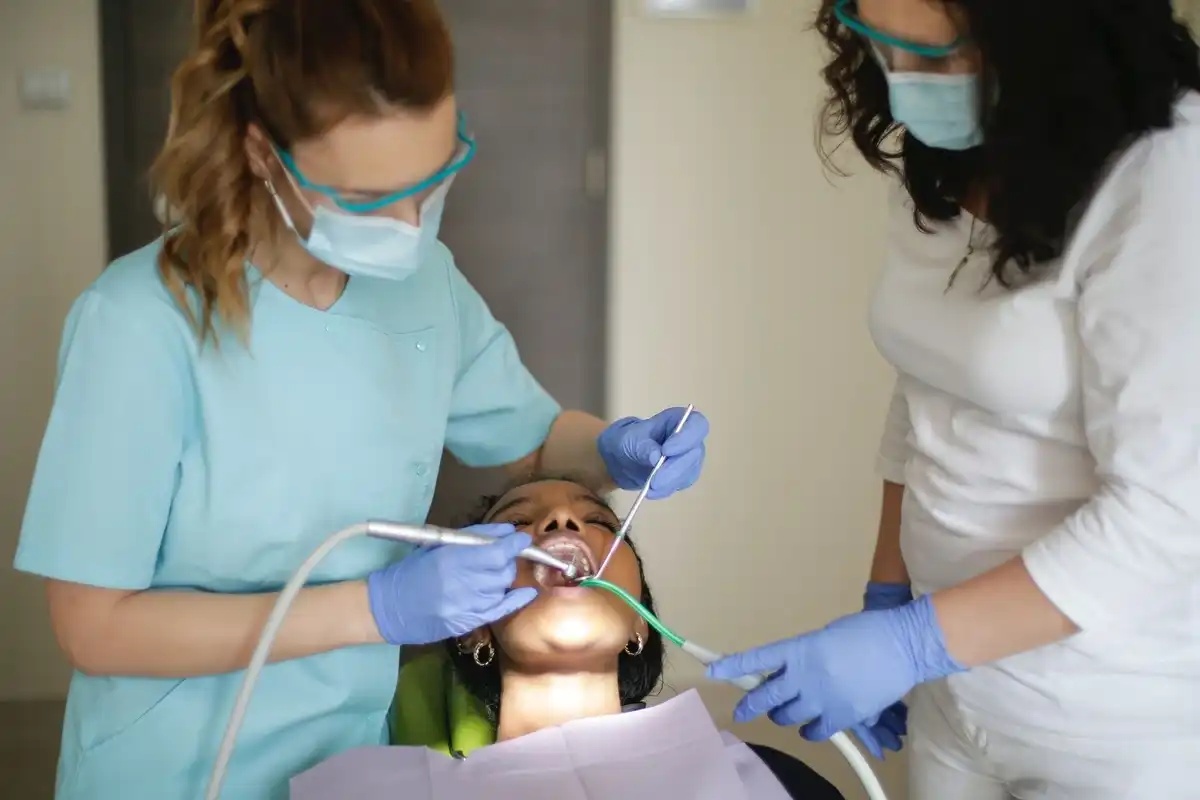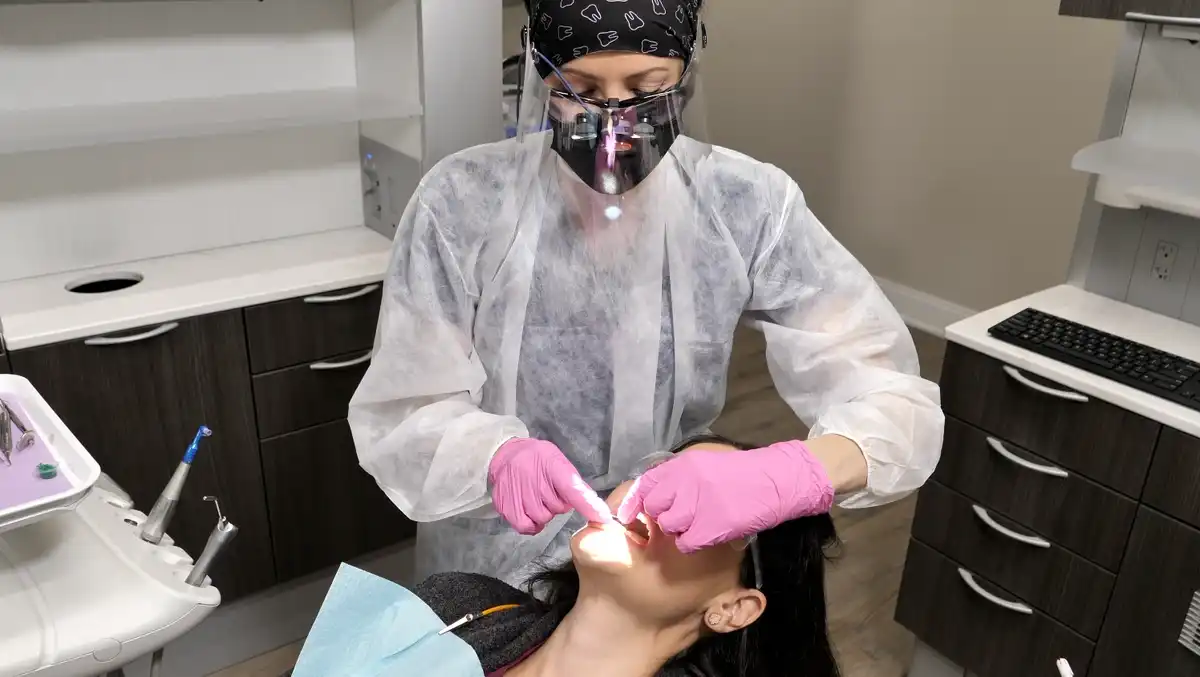Differences Between a Dentist vs. Dental Hygienist

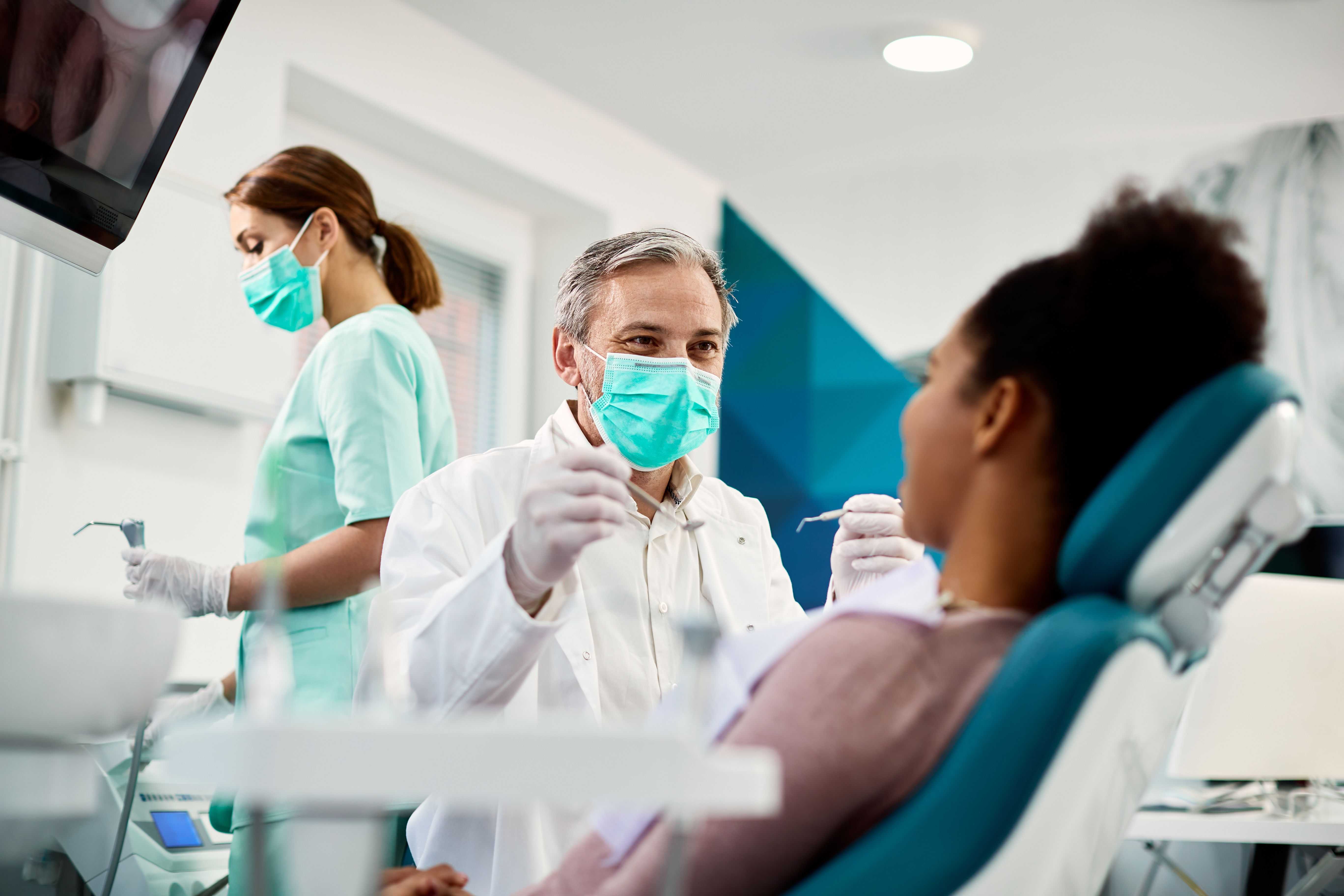
Having trouble understanding the difference between a dentist vs. a dental hygienist? Or even a hygienist and the assistant? If so, you’re not alone. But this easy-to-understand explanation will leave you understanding who’s who in the dental office.
Basically, a dentist is a doctor. A dental hygienist is not. But hygienists can still do more than an assistant.
The dentist examines and treats your teeth, the dental hygienist cleans your teeth and helps you prevent disease, and the dental assistant helps the dentist (and sometimes the dental hygienist.)
Dental Hygienist Responsibilities
When you go to the dentist for a cleaning, usually you’re going to see the hygienist. Hygienists are trained in preventative care therapies like teeth cleanings, scaling and root planing, and sealants.
A hygienist works independently of the dentist, seeing patients for preventative care and providing information on things like oral hygiene, nutrition, and screening for symptoms of oral cancer or periodontitis. However, hygienists are managed and supervised by dentists (doctors.)
Hygienists can see their own patients, administer local anesthetic (at least in most states), and give you advice, as long as you’re also seeing the dentist for an exam at least once per year. Registered dental hygienists can do anything that a dental assistant can do, and some. However, they cannot provide the same restorative treatments that you would get from a dentist (like a tooth filling.)
Although hygienists are different from nurses, you can kind of think of them as dentistry’s nurse equivalent when you compare oral healthcare providers to other medical careers. Just like registered nurses, hygienists have to take board exams and have a deep understanding of human anatomy, physiology, pharmacology, and pathology.
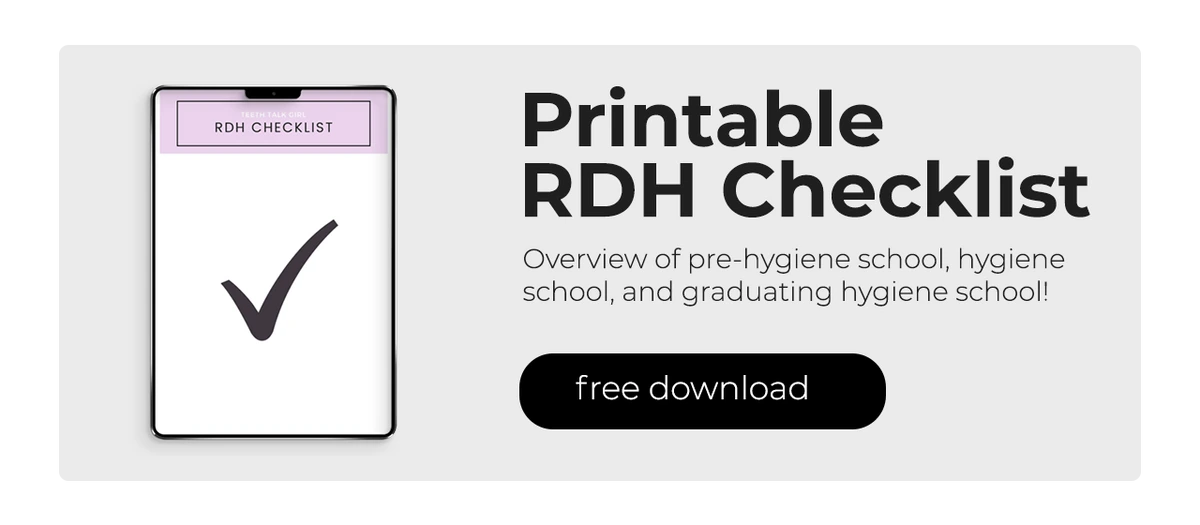
Dentist’s Responsibility
When it comes to determining the differences between a dentist and a dental hygienist, dentists are doctors with at least eight years of formal education under their belt (four for undergrad, four for dental school, and even more if they choose to specialize.)
Dentists can do anything that a dental hygienist or dental assistant can do, plus more.
Only a dentist can examine and diagnose your conditions, whereas a hygienist can say that something looks “suspicious” or is “probably” a cavity. Dentists are the ones licensed and legally allowed to put a name on your condition, and then advise the appropriate care plan.
Some of the services a dentist provides that a hygienist cannot, include things like:
In states that still don’t let hygienists give local anesthetic, numbing your mouth is left up to the dentist! If your hygienist takes X-rays and says something looks suspicious, your dentist will be the one to come into the room to formally diagnose the condition and tell you what to do next.
When you need a tooth fixed (or removed,) you’ll have to see a dentist. No other dental professional is legally allowed to treat or repair physical damage to a tooth. In other places like Australia and even underserved communities in Alaska, mid-level dental practitioners are starting to bridge the gap between hygienists and dentists — but that topic is best left for another day!
Dental Career Path
Like medical doctors, a dentist has at least eight years of education — at a minimum — before becoming a doctor.
Dental hygienists do not. To become a dental hygienist, you can choose to either get an Associate’s or Bachelor’s degree in dental hygiene. Even though dentists get paid more, dental hygienists still have a competitive salary.
After school, every dental hygienist has to take a written national board exam (which can take up to 6-8 hours) and a state clinical board, where they’re graded by experienced hygienists inpatient care techniques. Other states have added licensure exams, such as nitrous oxide (laughing gas) supervision, local anesthesia delivery, jurisprudence/law requirements, etc.
Differences Between A Dentist and Dental Hygienist
When it comes to dentists vs. dental hygienists, both can do more than what an assistant does and requires more training, but only the dentist is a doctor. Hygienists have 3-4 years of training, while dentists have a minimum of eight years of education (more like 10-11 if they become a specialist.)
If you’re interested in finding out what it takes to become a hygienist, check out my video here to learn more about the educational requirements and process.

Make your inbox smile!
Subscribe
